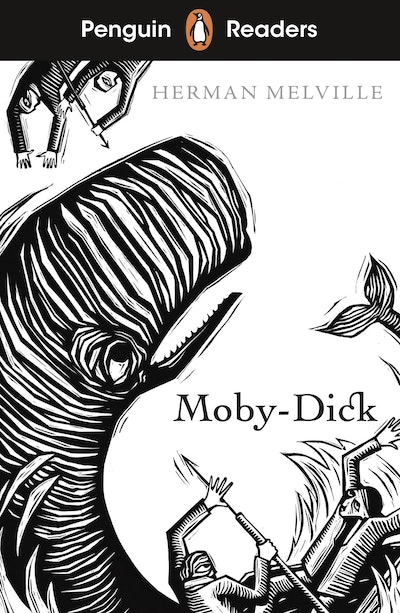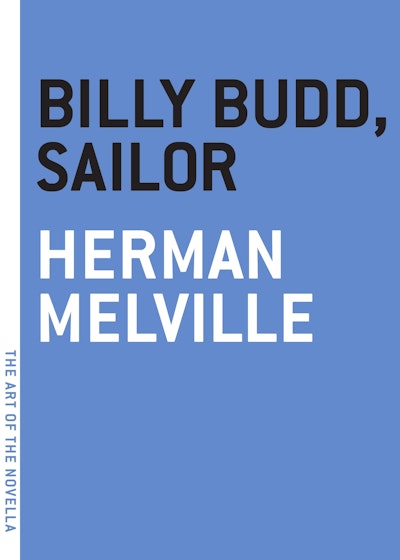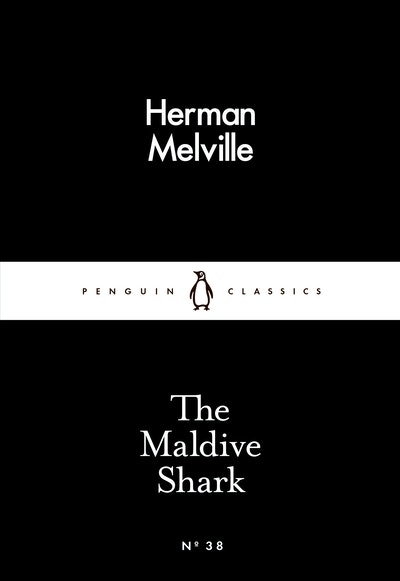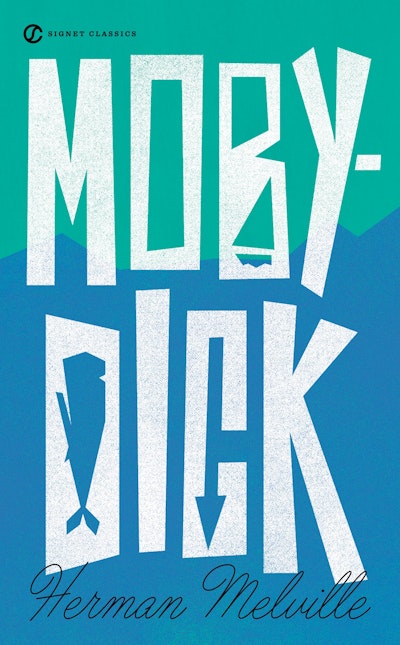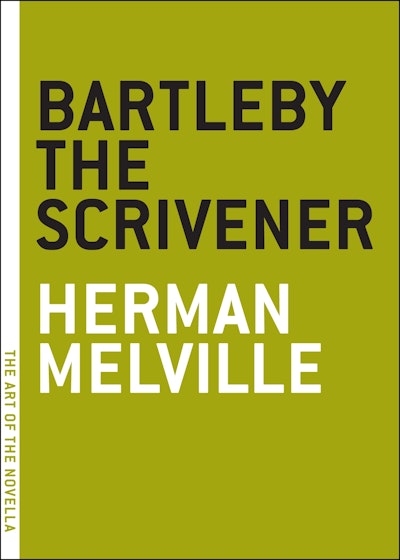With carefully adapted text, new illustrations, language practise activities and additional online resources, the Penguin Readers series introduces language learners to bestselling authors and compelling content. Titles include popular classics, exciting contemporary fiction, and thought-provoking non-fiction.
Moby Dick, a Level 7 Reader, is B2 in the CEFR framework. The longer text is made up of sentences with up to four clauses, introducing future perfect simple, mixed conditionals, past perfect continuous, mixed conditionals, more complex passive forms and modals for deduction in the past.
When the young sailor "Ishmael" decides to sail on the Pequod with the mysterious Captain Ahab, he has no idea about Ahab's plans to get revenge on the great white whale Moby Dick. Ahab wants to find and kill the whale at any cost - even if it means losing his ship and his crew.
